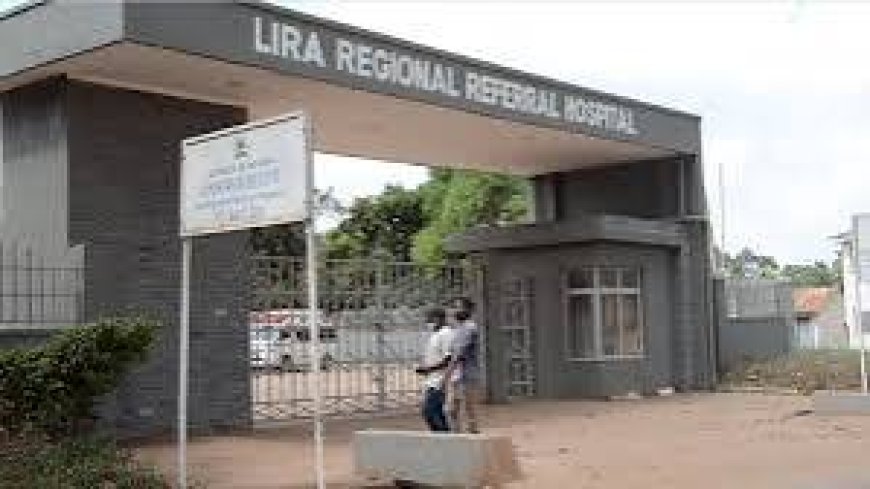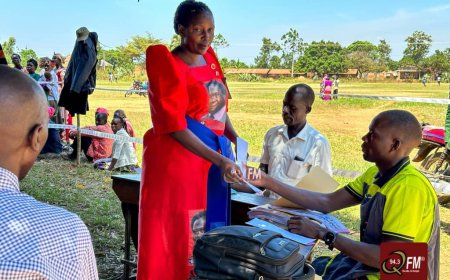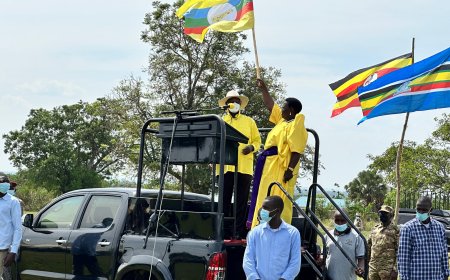Teenage Pregnancy Driving Fistula Cases in Lango, Experts Warn

One in every four pregnant women in the Lango Sub-region is below the age of 19, accounting for between 20% and 25% of all pregnancies, health experts have revealed.
According to Dr. Richard Mwesigwa of the United Nations Population Fund (UNFPA), approximately 74,000 women in Uganda are living with obstetric fistula, a childbirth injury caused by prolonged, obstructed labor.
“Every year, about 1,900 women develop fistula across hospitals in Uganda, including Lira Regional Referral Hospital. Out of this number, we are only able to repair about 1,700 cases annually, leaving around 200 mothers unattended to", said Dr. Mwesigwa.
He added that the number of fistula cases continues to rise, and women often wait up to nine years for surgery due to limited resources and facilities. “If ten women develop fistula in a year, the system can only handle repairs for three,” he explained.
Dr. Mwesigwa urged expectant mothers to always seek skilled care and deliver from health facilities staffed with trained professionals who can detect complications early.
Dr. Andrew Odur, hospital director of Lira Regional Referral Hospital emphasized that teenage mothers especially those aged 14 and 15 are more prone to developing fistula because their pelvises are not mature enough for childbirth.
“When labor becomes obstructed, particularly if the baby is large, pressure builds up and may damage the urinary bladder, causing urine to leak uncontrollably,” he said.
He reiterated that out of 100 pregnant women in Lango, 25 are teenagers. Apart from teenage pregnancy, other causes of fistula include failed surgeries and illnesses such as cancer.
“The implications of fistula are life-altering,” Dr. Odur added. “Victims face social rejection, psychological trauma, dehydration due to fear of drinking water, and the inability to work because of constant bleeding and discomfort.”
Dr. Bernard Otucu, the City Health Officer for Lira, blamed the increase in fistula cases on teenage and unplanned pregnancies, home births without skilled medical personnel, and delayed response by some healthcare workers during labor.
However, there is hope. Sister Judith Nanyondo, a health worker, said the Ministry of Health has rolled out community sensitization programs using radio, television, health workers, and Village Health Teams (VHTs).
“We now have centers where fistula repairs are conducted,” she said.
She encouraged communities to support fistula survivors instead of stigmatizing them and urged all pregnant women to seek care from hospitals and health facilities.
What's Your Reaction?


















































































